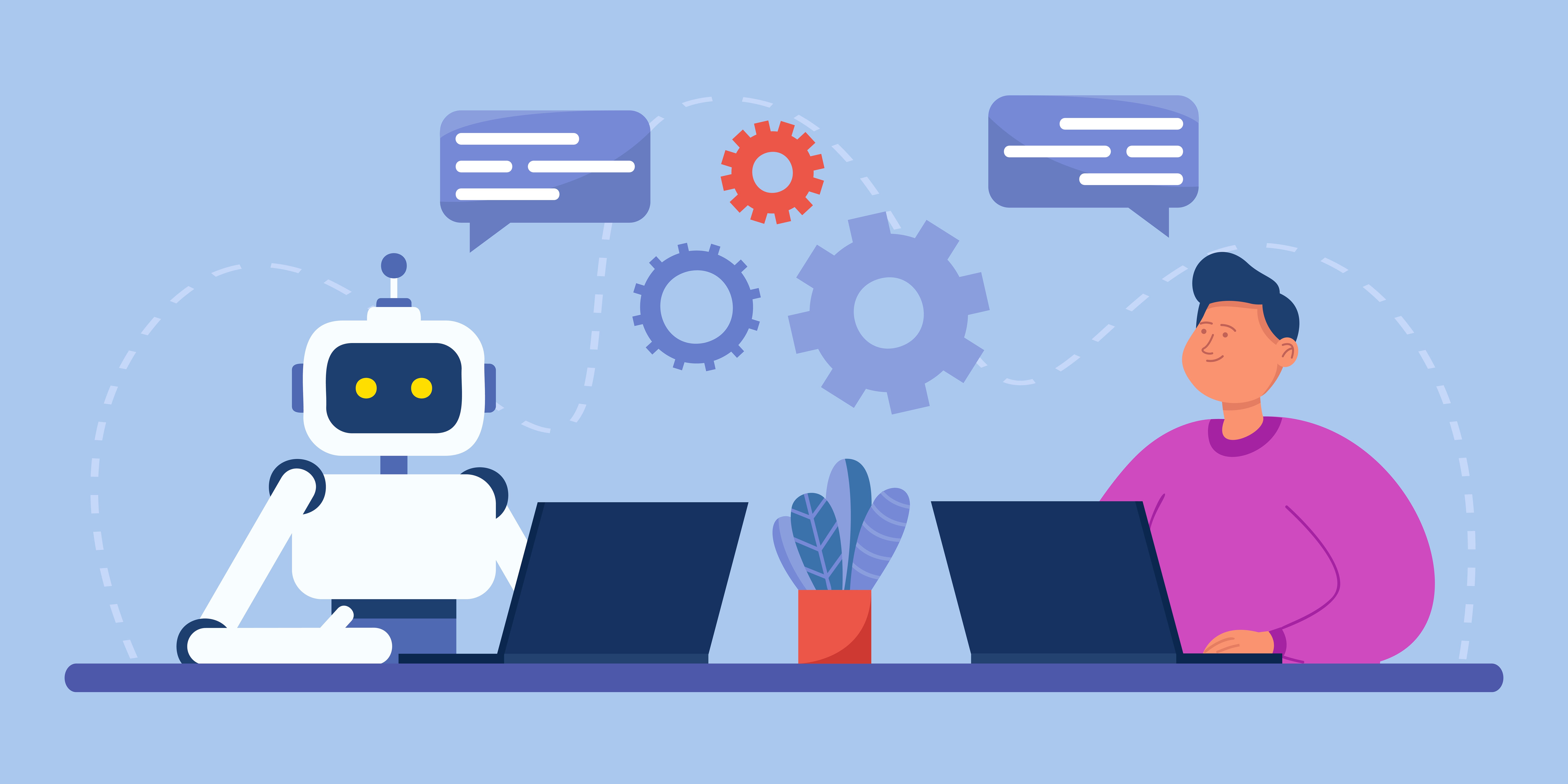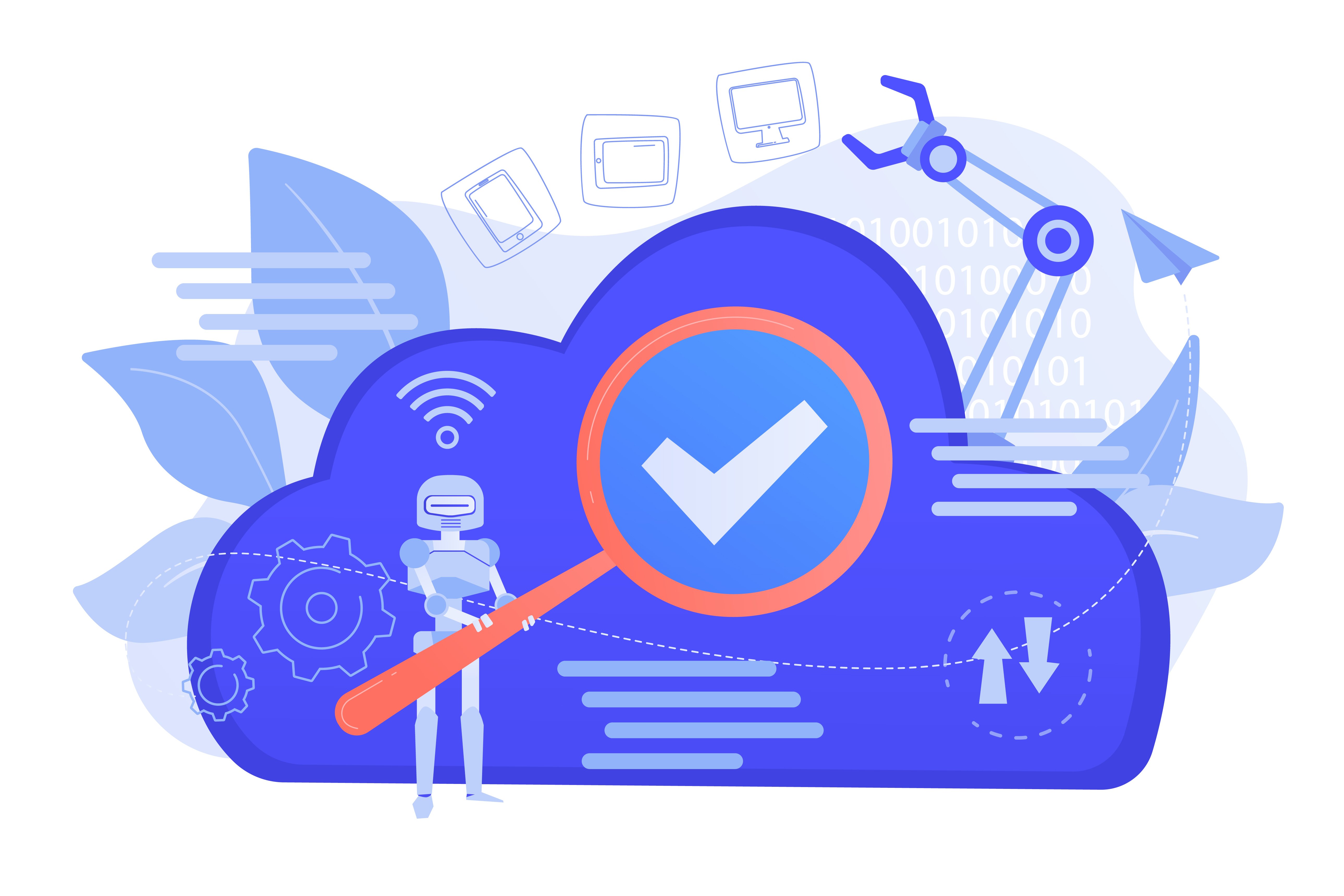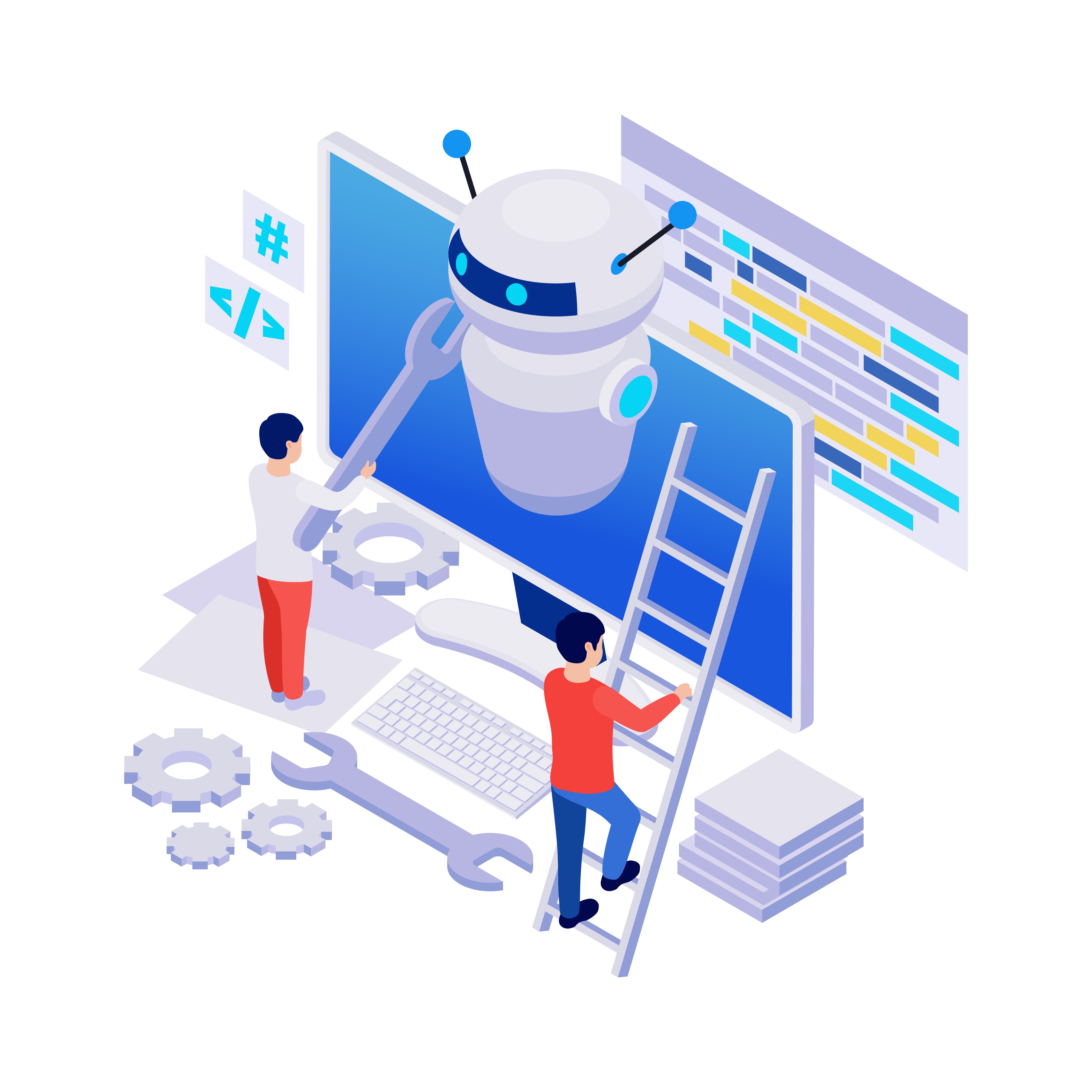Artificial intelligence (AI) has been causing a stir and capturing the imagination of the tech industry for quite some time now! With its power to analyze vast amounts of data and make intelligent decisions, AI has emerged as a pivotal game-changer in a myriad of fields, SaaS included
As a booming industry, Software as a Service (SaaS) gives businesses the keys to a treasure trove of software applications through convenient subscription models. In this article, we explore the thrilling ways AI is shaking up the SaaS landscape and the monumental impact it's set to have!
Whether you're a startup owner looking to streamline your operations or a software developer seeking to stay ahead of the curve, understanding the impact of AI on SaaS is essential for success in the modern marketplace.
Unlocking the Power of AI in SaaS: A Look at Key Statistics and Trends
The integration of generative AI into SaaS solutions is on the rise. According to a our study of SaaS industry statistics, global AI software revenue is expected to reach $118.6 billion by 2025, up from $9.5 billion in 2018. The report also predicts that AI will be integrated into nearly every new software product and service by 2025.
SaaS companies are taking notice of the potential benefits of AI and are starting to integrate it into their products. In fact, 35% of SaaS businesses are already using AI, and another 42% plan to use it in the near future, according to a survey by Tech Jury.
The State of AI in SaaS: Understanding the Current Landscape
While the potential benefits of integrating AI into SaaS products are widely recognized, the industry is still in its early stages of adoption, with many companies unsure of how to best implement AI into their products.
Despite this uncertainty, AI is already being integrated into SaaS products in various ways. One such method is through machine learning algorithms, which analyze big data to make predictions and decisions. For instance, Salesforce's Einstein AI uses machine learning algorithms to help sales reps identify potential leads and make personalized recommendations.
Another way AI is being used in SaaS is through natural language processing (NLP) technology. NLP allows computers to comprehend and interpret human language, which is beneficial in SaaS products such as chatbots and virtual assistants. For example, Microsoft's Cortana is an AI-powered virtual assistant that can schedule meetings, send emails, and provide reminders.
Advantages of AI in SaaS Applications
From streamlining workflows to improving the user experience, AI transforms how we do business and paves the way for a more efficient, secure, and personalized future. Here are some excellent examples of how AI is enhancing SaaS applications:
- Personalization: AI algorithms can examine user data to understand their preferences and provide personalized recommendations. This is notably useful in applications like SaaS marketing campaign automation, where personalized messaging can significantly improve conversion rates.
- Automation: AI can automate repetitious tasks, like data entry and report generation, freeing up time for employees to focus on more strategic tasks. This can be particularly useful in SaaS applications like project management, where automation can help streamline workflows.
- Predictive Analytics: AI can analyze big data to pinpoint patterns and make predictions about future trends. This is specifically useful in SaaS applications such as customer relationship management (CRM), where predictive analytics can help identify potential sales opportunities and improve customer retention rates.
- Customer Service: The use of AI in customer service and complaint management is helping businesses reduce support tickets, and identify areas of potential friction allowing customer service teams to focus on more complex tasks.
- Enhanced Cybersecurity: AI can be used to strengthen the security of SaaS applications by detecting and mitigating potential threats. This is remarkably helpful in applications such as cloud storage, where customer data breaches can have serious consequences. AI algorithms can identify abnormal user behavior and proactively detect and respond to security threats.
- Scalability: AI solutions can help SaaS applications scale more easily by automating processes and reducing the need for manual intervention. This can be incredibly useful in applications that handle enormous amounts of data or complex workflows.
- Cost Savings: By automating responsibilities and streamlining workflows, AI helps to reduce costs and improve the overall efficiency of SaaS applications. This can be particularly worthwhile for small and medium-sized companies that may not have the resources to hire a large workforce to manage their SaaS applications.
Overall, the benefits of AI in SaaS are vast and far-reaching, allowing businesses to improve their products and services in unprecedented ways. As AI continues to evolve, we anticipate seeing even more innovative uses of this technology in the SaaS space.
AI and SaaS: A Match Made in Tech Heaven
AI and SaaS are each powerful forces in tech. But when fused together, their impact can be even greater than expected. Let's delve into a few compelling use cases that illustrate AI's integration into popular SaaS platforms:
- HubSpot leverages AI to offer personalized recommendations to users based on their behavior and preferences.
- Zoom utilizes AI to enhance video quality and minimize background noise during video calls.
- DocuSign automates the signature verification process and improves document security using AI.
- Slack streamlines workflows and boosts productivity through its AI-powered chatbot, Slackbot, which can automate repetitive tasks such as scheduling meetings and sending reminders.
- Zendesk enhances customer service by utilizing AI tools to provide personalized support and faster response times, freeing up support teams to handle more complex issues.
- Dropbox improves search functionality and organizes content for users through its AI-powered "Smart Sync" feature, which prioritizes the most relevant files and makes locating and ordering them more manageable.
- Oracle leverages AI and machine learning in its cloud security apps to provide real-time threat detection and policy reinforcement by analyzing user behavior and identifying anomalies.
These are just a few contemporary examples of how SaaS companies use AI systems to leverage real-time insights and improve their products and services. Get ready to witness a thrilling revolution in the SaaS market as AI technology advances at a breakneck pace!
Key Challenges and Ethical Considerations of AI in SaaS
While the integration of AI tools into SaaS solutions holds enormous potential for businesses, it's important to acknowledge and address the challenges and ethical considerations that come with this technology. Let's take a look at some instances:
- Bias: AI algorithms can be biased, resulting in unfair or discriminatory outcomes. This can be quite problematic in SaaS applications such as hiring or loan processing, where biased algorithms can lead to discriminatory consequences and harm marginalized groups.
- Privacy: AI algorithms need vast amounts of data to train effectively, raising concerns around privacy and data protection. This is particularly relevant in SaaS applications such as healthcare, where sensitive patient data must be protected. SaaS companies that collect and analyze user data using AI must be transparent about their data collection and use best practices to ensure that user data is protected.
- Accountability: AI algorithms can be intricate and challenging to understand, making it challenging to hold companies accountable for their actions. This is especially relevant in SaaS applications such as autonomous vehicles, where accidents can have serious consequences.
By being proactive in addressing these issues, SaaS companies can ensure that their AI-powered products are not only practical but also ethical and responsible. Ultimately, this will help to build trust with users and establish a foundation for long-term success in the SaaS industry.
From Buzzword to Reality: AI's Impact on SaaS
The horizon of AI in SaaS shines with promise! Integrating AI technology into SaaS products has already transformed the industry, enhancing user experience, improving decision-making capabilities, and streamlining business processes. But this is just the beginning.
As AI companies grow and flourish, we can expect to encounter even more sophisticated applications that will revolutionize how businesses operate. However, it's essential for SaaS companies to address AI's ethical considerations and potential risks, such as algorithm bias and job displacement, to ensure that this technology is used responsibly and for the greater good.
The future of AI in SaaS holds tremendous potential for innovation and growth. As businesses adopt AI-powered solutions, they will become more efficient, productive, and competitive in the global marketplace. It's an exhilarating time to be part of the SaaS industry, and with the power of AI at our fingertips, the possibilities are truly limitless.
The Future is Now: How AI Can Take Your SaaS Enterprise to the Next Level
Ready to unlock your SaaS startup's full potential? The world of SaaS is rapidly evolving, and the most triumphant startups are the ones that are not afraid to adopt new technologies to take their businesses to the next level. With machine learning and artificial intelligence becoming increasingly sophisticated and accessible, the opportunities for optimization and personalization are endless.
By embracing AI, you can provide your clients with personalized service that keeps them coming back for more. Say goodbye to struggling software and suboptimal service—with AI in your corner, your enterprise can achieve new levels of success and profitability, with the added benefits of reducing costs, improving efficiency, and driving innovation.
In short, if you want to stay ahead of the competition and grow your SaaS business into a dominant player in its industry, now is the time to grasp the power of AI. The future of SaaS is already here, and the possibilities are boundless.
What you should do now
- Book a Growth Session and learn the 3 things you should do today to unblock your SaaS potential and start scaling.
- Read more articles in our blog.
- If you know someone who’d enjoy this article, share it with them via Facebook, Twitter/X, LinkedIn, or email.


